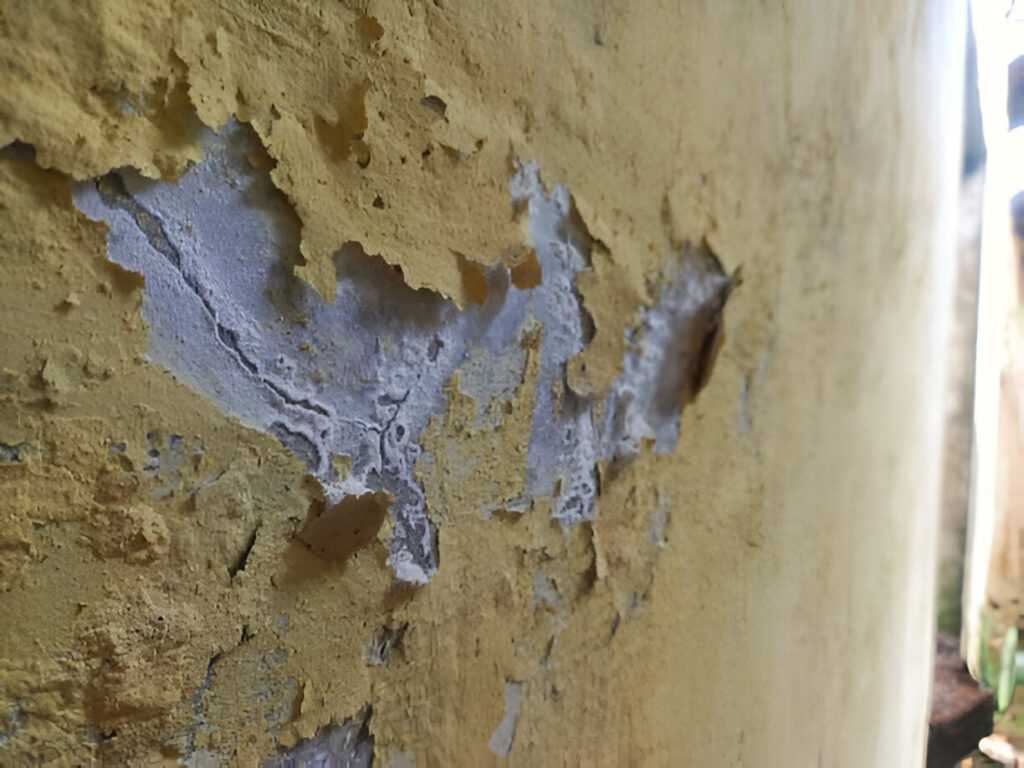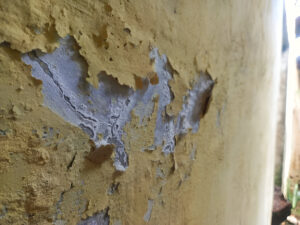Lead paint is not something that existed in the 90s. It’s a problem of today’s world as well. Many older homes in New York City still have it on walls, windows, and doors. Over time, that paint chips, cracks, and turns into dust. When children or even adults breathe it in, it can cause serious health issues. That is why the city has strict rules in place.
Two main agencies handle these cases: HPD (Housing Preservation and Development) and DOH (Department of Health). While both deal with lead, they have different roles.
Let’s discuss in this blog HPD vs. DOH Lead Violations.
What Is HPD?
HPD stands for the New York City Department of Housing Preservation and Development. Their job is to make sure buildings are safe and up to code.
When it comes to lead, HPD focuses on housing violations. If an inspector finds peeling paint in an apartment where a child under six lives, HPD issues a Class C violation. That’s the most serious type of housing code violation.
HPD gives the landlord a set number of days to fix the problem. Usually, it’s about 21 days. The landlord must hire certified workers to safely remove or cover the lead paint. If they don’t, HPD can send their own contractors, do the work, and charge the landlord.
What Is DOH?
DOH stands for New York City Department of Health and Mental Hygiene. Their focus is public health. While HPD looks at buildings, DOH looks at the people who may have been harmed.
If a child is tested for lead and has a high blood lead level, DOH investigates. They may visit the home to check for peeling paint, dust, or unsafe renovation work. They can also test water, soil, or other sources.
If DOH finds lead hazards, they issue an Order to Abate. This means the landlord must fix the hazards in a safe way. If they don’t comply, DOH can take the case to court.
Key Difference Between HPD and DOH
At first glance, both agencies seem to do the same thing: inspect apartments for lead paint. But there is an important difference.
- HPD is about housing conditions. They act when tenants complain about peeling paint or unsafe conditions.
- DOH is about health. They act when a child already has elevated blood lead levels or when a serious health risk is found.
Think of HPD as preventing risks inside apartments and DOH as responding to confirmed health dangers.
How HPD Handles Violations
- Inspection: A tenant calls 311. An HPD inspector visits the unit.
- Testing: If there’s peeling paint and a child under six lives there, HPD assumes it’s lead unless proven otherwise.
- Violation Issued: A Class C violation is given to the landlord.
- Repair Timeline: The landlord must repair it within 21 days using lead-safe practices.
- Re-Inspection: HPD checks again to confirm the repairs were done correctly.
If the landlord fails, they face daily fines. HPD can even take over the work and add the cost to the landlord’s property taxes.
How DOH Handles Violations
- Medical Trigger: A doctor reports a child with a high blood lead level.
- Inspection: DOH sends inspectors to the child’s home and sometimes other places where the child spends time.
- Testing: They use X-ray machines and dust wipes to detect lead hazards.
- Order to Abate: If hazards are found, DOH orders the landlord to remove or fix them.
- Enforcement: If the landlord ignores the order, DOH can bring legal action.
The difference here is that DOH steps in after exposure has happened. Their focus is on protecting health, not just enforcing housing rules.
Common Mistakes Landlords Make
- Ignoring small paint chips, thinking they don’t matter.
- Using untrained workers for repairs. This can spread lead dust and make things worse.
- Not keeping records of lead inspections and repairs. HPD often asks for these documents.
- Waiting until tenants complain instead of doing proactive checks.
These mistakes can turn into costly violations.
Also Read: Understanding NYC Local Law 31: A Guide for Property Owners
Stay Safe and Compliant with Professional Lead Violation Removal
Know the difference between HPD and DOH lead violations to help you take the right action at the right time. HPD addresses unsafe housing conditions, while DOH steps in when a child’s health is already at risk. Together, they form the backbone of New York City’s fight against lead hazards.
At Manhattan Lead, we specialize in lead violation removal services. Whether you’re dealing with an HPD Class C violation or a DOH Order to Abate, our certified team handles the process safely, quickly, and in full compliance with city regulations. We don’t just fix the issue; we help protect your tenants, your property, and your peace of mind.
Contact us today and let us take care of your lead violation removal the right way.




